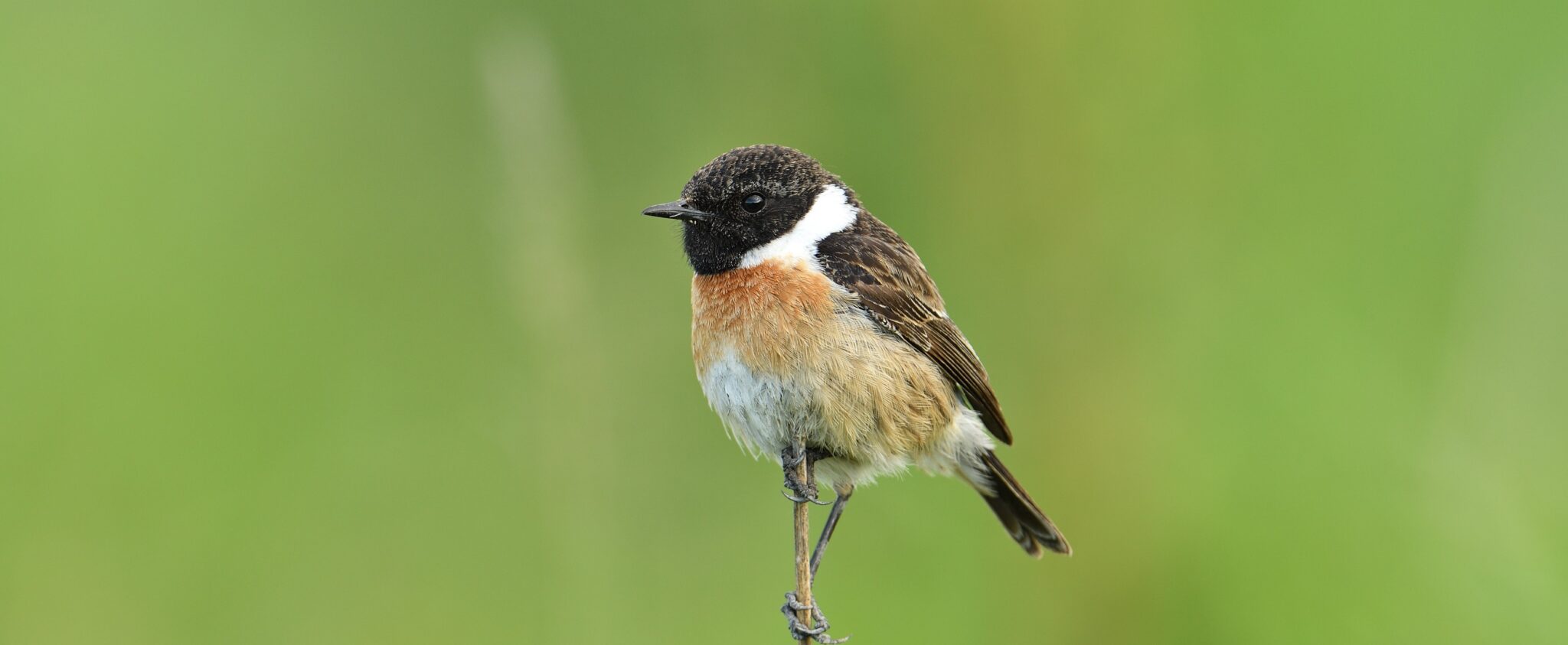Even businesses are pleading for a nature restoration law

Nature has persistently been sounding the alarm for the state of our planet for years – but that alarm has never been as loud as it is now. Floods, droughts, fires, soaring temperatures, and melting ice caps are impacting both people and nature in a way they have never before. Concern has peaked among a steadily increasing amount of people, who join scientists in their pleads to governments to - quite literally - stop the madness. To protect our planet, and to de facto, save humanity. To restore nature.
Halting the collapse of ecosystems and restoring natural habitats can help wither the crisis. Restored natural habitats can accumulate carbon, store water, better resist fires and droughts, and provide us with a wide range of life-supporting functions.
Sadly, many voices from the private sector are turning a blind eye to both science and our shared reality. Ironically, spearheading the misinformation spreading and resistance, we find the farming and forestry lobbies – the sectors who arguably need a healthy planet more than anyone else if they are to continue filling their pockets. These and other sectors see nature restoration as a direct threat to their business models built on overproduction and overexploitation. They are fighting hard to resist any form of change which would benefit us all – including them.
But there is a wind of change coming our way. Progressive businesses are facing the reality and seeing what many of us already know: to continue to exist, both they and their businesses, need nature. The continued and accelerating degradation of nature threatens their business models, creating unforeseen and often unmanageable disruptions in supply chains. Extreme weather affects productivity and increases costs. These businesses see nature restoration as one of the best investments they can make. And why wouldn’t they? The rewards of nature restoration are huge.
Last year, before the EU Commission’s draft of the upcoming restoration law was postponed twice, HeidelbergCement paved the way, demanding a 15% restoration target across Europe. They explicitly challenged the European Commission to be bold and progressive in developing targets that:
- Are binding and enforceable
- Have strong governance
- Are underpinned by science-based plans taking into consideration good involvement of stakeholders
In May, the energy sector encouraged the European Commission to swiftly publish the law and to adopt an integrated approach toward biodiversity protection and reaching climate and energy targets.
Last week, European non-energy extractive associations European Aggregates Association, Eurogypsum and Cembureau asked the Commission to not delay this law any further and to deliver a law that will actually stand a chance against the climate and biodiversity crises.
And today, several coalitions of businesses including from the food & drinks, IT, banking, and energy sector added their voice to the growing masses, saying that the debate on risks to food security should not occur at the expense of progress in tackling the climate and biodiversity crises. Citizens and businesses, even those who are fighting against a nature restoration law, need to restore nature to ensure our survival. There is no question about it. BirdLife calls on the European Commission to deliver the EU nature restoration law that people, businesses, and science are calling for – one with strong binding targets that are enforced across Europe.
Update:
Today, the Offshore Coalition for Energy and Nature (OCEaN) which consists of the wind industry, Transmission System Operators (TSOs), and civil society issued a statement asking for a nature restoration law that will:
- Increase the coverage of EU Marine Protected Areas (MPAs) to at least 30%, with at least 10% of those being strictly protected
- Ensure the effective protection, management, and enforcement of all protected areas.
Photo: Heather Jane/Adobe
You might also be interested in:
 | Stichting BirdLife Europe gratefully acknowledges financial support from the European Commission. All content and opinions expressed on these pages are solely those of Stichting BirdLife Europe. The European Commission is not responsible for any use that may be made of the information it contains. |









